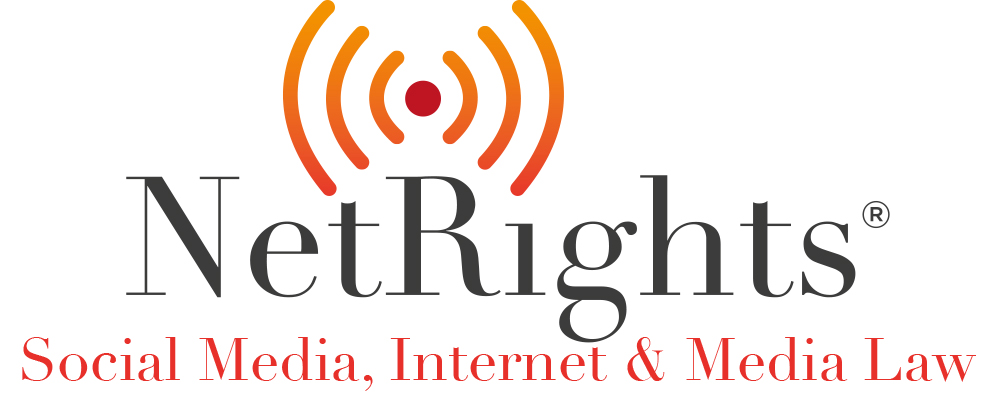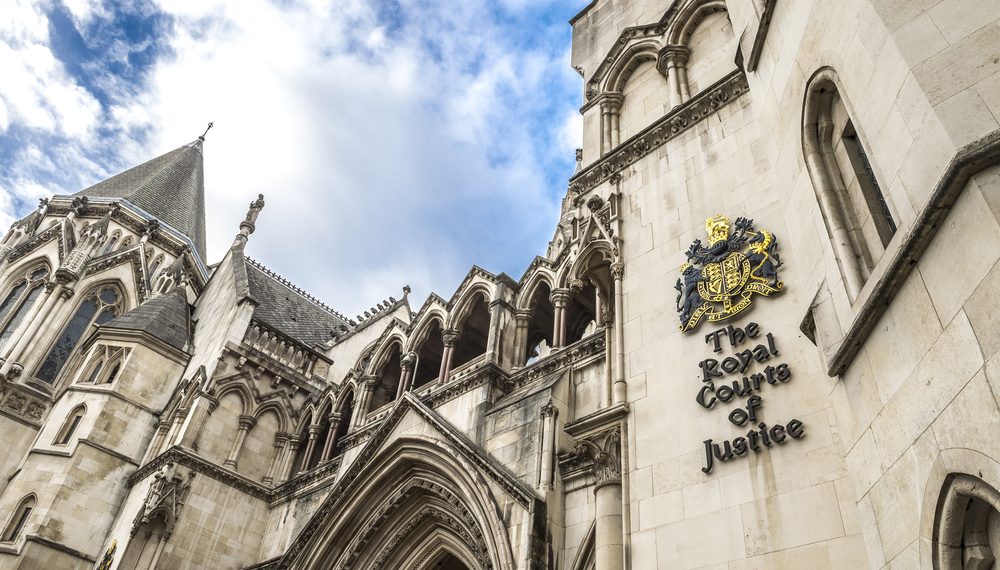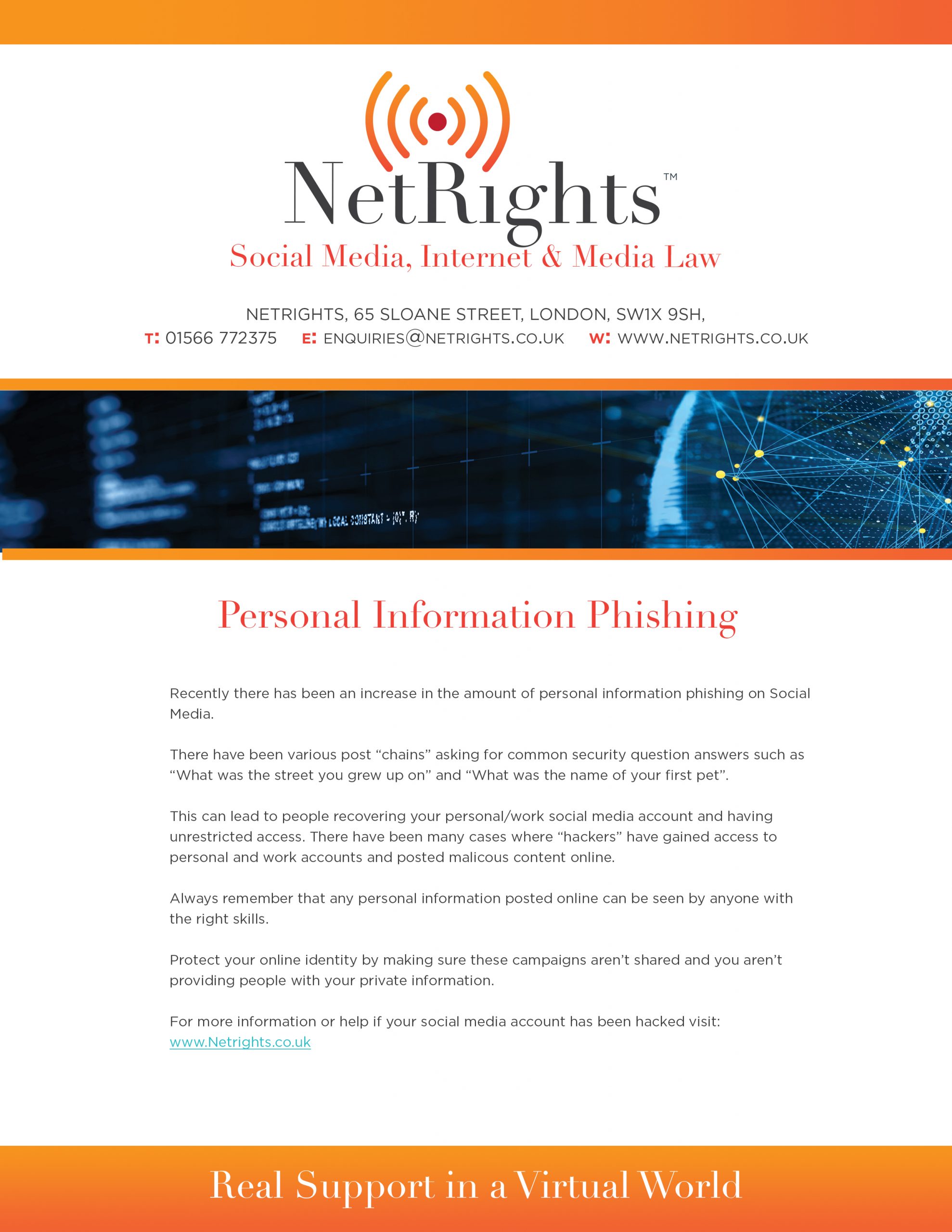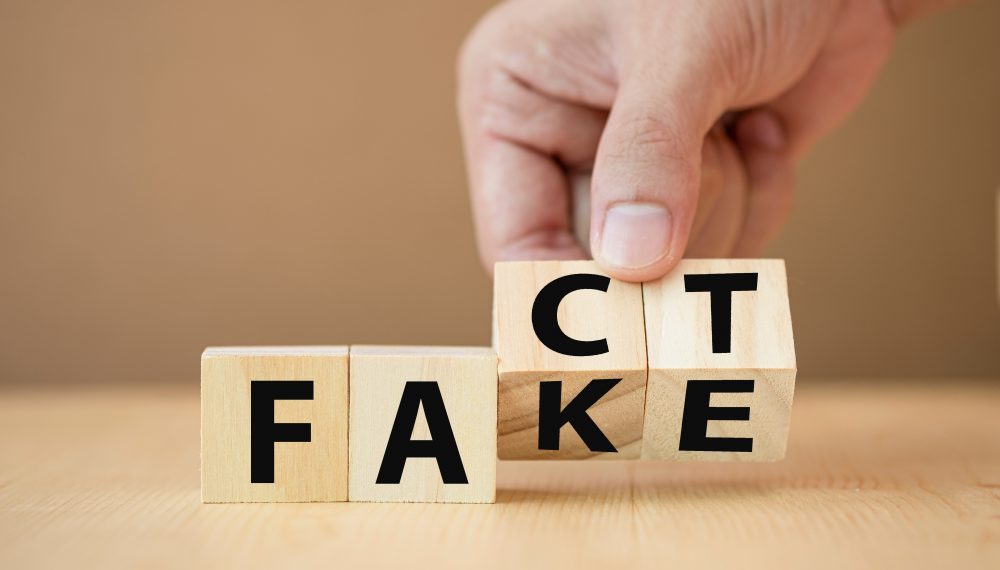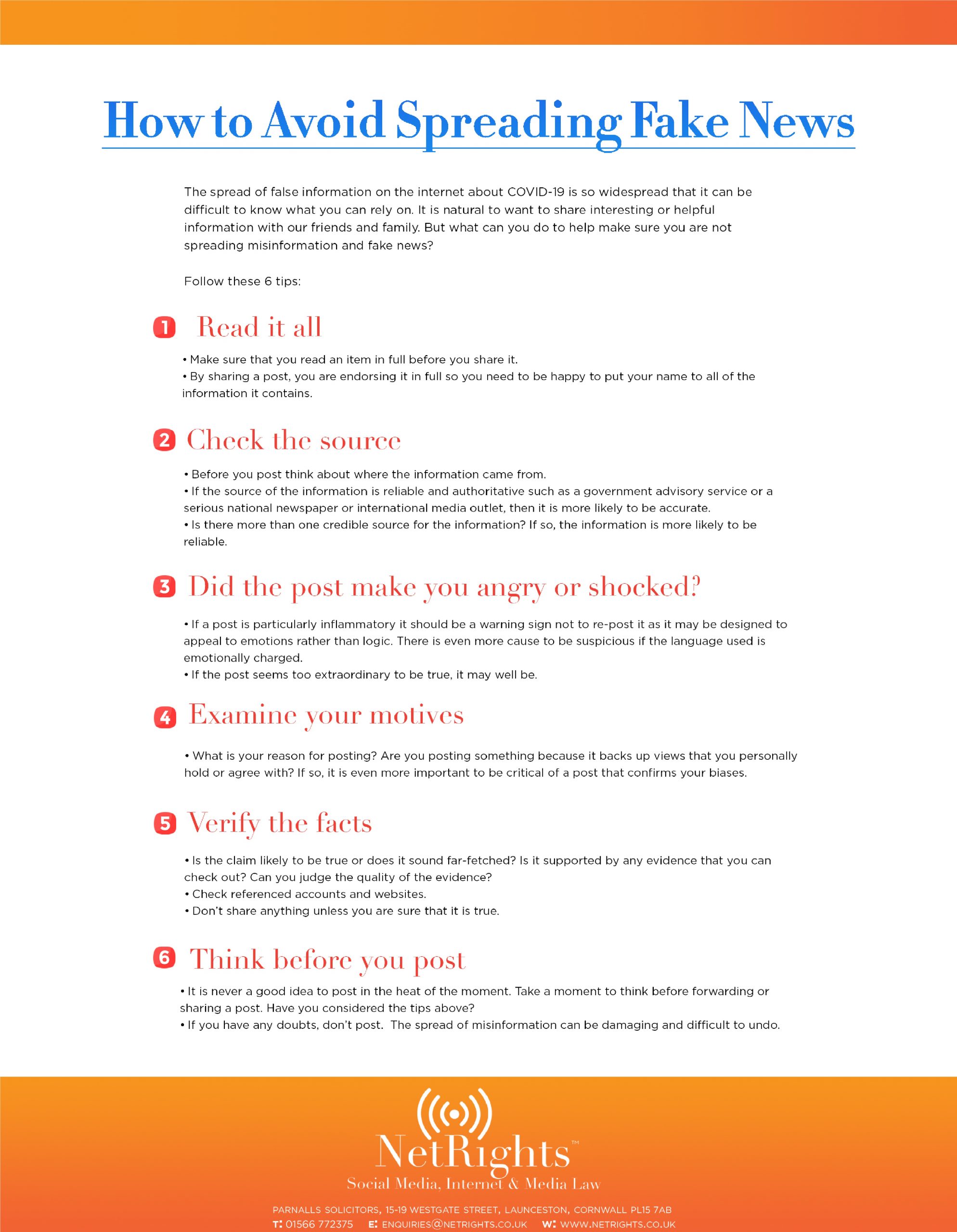Reputation matters: Defamation court claims increase by 22%
The latest figures published by the Ministry of Justice for 2019 reveal that defamation claims issued in the Royal Courts of Justice are continuing to rise significantly year on year. The figures show that litigation over defamatory statements has increased by 22% on the previous year and by as much as 107% on the year before that.
This upward trend underlines the tremendous importance of reputation. The old adage ‘sticks and stones may break my bones, but words will never hurt me’ no longer holds water in today’s world of permanent publications and first impressions. Whereas previously a libellous statement written in a newspaper article would eventually be forgotten about, nowadays articles and online posts are available online indefinitely, making it difficult to outgrow a besmirched reputation. A positive reputation is vital for business and professional success so it is unsurprising that so many are taking to the courts to defend their honour.
The increase in social media use is likely to play a part in this upsurge in defamation claims. In the arena of Facebook and Twitter, anyone can become an instant publisher to a wide audience at the click of a button, leading many to experience the anguish of online defamation.
For help protecting your reputation including seeking removal of malicious or false online posts please contact NetRights at enquiries@netrights.co.uk or telephone 0207 698 4427.
